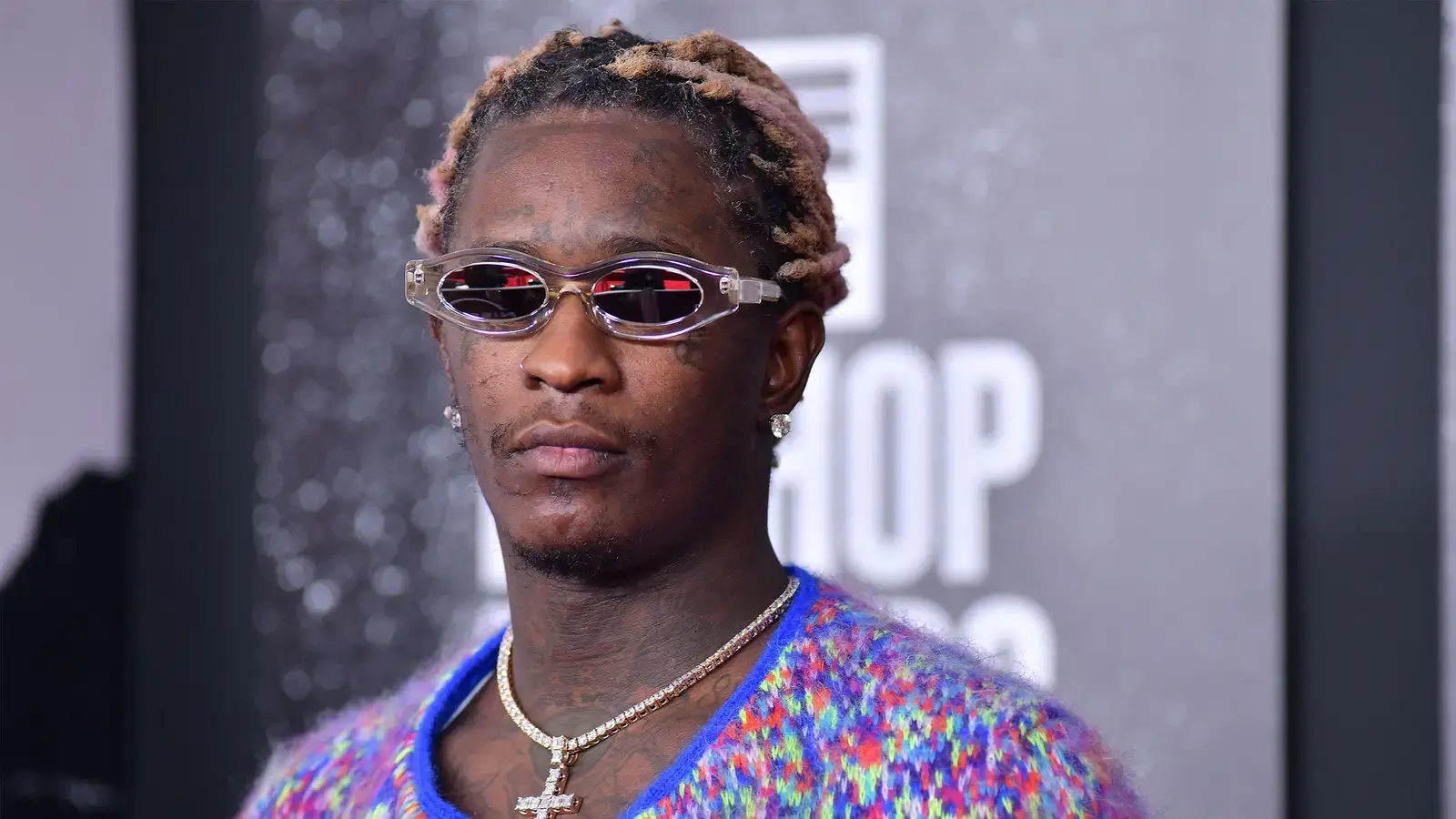'American Fiction' Cast Discusses Satirical Mirror of Racism in Hollywood and Personal Experiences

They’re some of the most celebrated and beloved actors across TV and film, but for the stars of “American Fiction,” the racial comedy-satire that’s generating Oscar buzz, even being on the A-list hasn’t shielded them from dealing with prejudice and microaggressions. During the recent press tour for “American Fiction,” about a struggling Black novelist who writes a purposefully bad, Black trauma porn book to win over white audiences, cast members Jeffrey Wright, Tracee Ellis Ross, Sterling K. Brown, and Erika Alexander talked about some of the ways they too have been marginalized, even as some of the world’s biggest stars.
“That is something that all of us have experienced,” Ross tells BET.com. “Sometimes that is about race, respectability politics, or navigating code-switching, or as a woman, navigating your sexuality and how that makes people see you. I've experienced all of those things in many different ways.”
“American Fiction,” an adaptation of the novel Erasure by Percival Everett, follows what happens when distinguished writer and professor Thelonious “Monk” Ellison (Wright) becomes angered and jealous by the success of another Black writer who penned a stereotypical, cliche-ridden novel and decides to pen his own, stereotypically “Black” book as a dark joke. From the start, we know Monk is a principled artist and teacher suffocated by expectations the white publishing world and academia put onto him as a Black man; in the same way generations of hip-hop artists have criticized the music industry for making “gangster” rap marketable while “conscious” rappers struggle, Monk detests the caricature that people holding the money strings expect him to play––particularly when Sintara Golden (Issa Rae) becomes a phenomenon with her book We’s Lives in Da Ghetto.
“It's about the limitations on what people think that Black people can write––what people think Black people's lives look like,” Cord Jefferson, the former journalist who wrote and directed the film, says of “American Fiction.” “Those were things I had been dealing with since I was a journalist. And when I started working in film and TV, I dealt with those same limitations. When I read the book, I knew I'd found the thing that I wanted to try to direct for the first time.”
Monk grows increasingly frustrated with both his career and the industry, and his righteous indignation mixes with a booze-induced daydream and a petty sense of curiosity to concoct a crazy ‘What if’: What if he wrote a book similar to Golden’s? The result is My Pafology, a ridiculous soup of downtrodden Black tropes (absent daddy, guns, generational trauma, etc) that Monk writes under a pseudonym as a joke. But to his shock and horror, My Pafology becomes a hit, and when his mother Agnes (Leslie Uggams) needs expensive, long-term care, Monk has little choice but to accept the payola, turning him into the very thing he loathes. As he does, the film asks viewers to ruminate on a whole lot, from how far they’ll go for family to what it means to be a sellout. But the biggest theme by far is how image-making industries like books and movies can demand Black artists fit into a white-approved (often negative) archetype to be successful, and it’s something the stars know too well.
“I like to reinvent for each project,” says Wright, who has won a Golden Globe, an Emmy, and a Tony, among many other accolades in his decades-long career spanning stage, big screen, and TV. “But certainly there are challenges along the way. I think we can all understand that you know, there are times we have to make sacrifices, whether it's creative, professional or, or personal, on behalf of our respective responsibility to family.
Alexander, who plays Monk’s love interest, Coraline, recalled the hoops she was asked to jump through in the early days of her career in the 1990s when she starred as Pam on “The Cosby Show.” “Karen Malina White played my best friend,” Alexander says, speaking of the memorable character Charmaine. “At some point, we thought we'd become rappers in order to get more acting roles. And we even had a deal and started to do it. The record company went out of business, but we were trying to possess this thing that we weren't so people would take us more seriously. For years, there were tons of films and television roles that if you weren't in the rap game, you weren't even in a conversation. There's a lot of that.”
Three-time Emmy and Golden Globe winner Brown, who plays Monk’s gay brother in the film, says he also can relate to Monk’s experiences. “I'm a dark-skinned Black man,” he says. “So I was aware early on in my career that I had to put people at ease who didn't look like me in order for them to hear me.”
But, he says, things are changing, and one way those walls are crumbling is through conversation––and biting films like “American Fiction.” “I feel like this is the kind of story that Black people have been asking for for a long time in terms of showing a different shade of representation. It's done with intelligence, and a vast amount of humor. It's asking the industry to take a look at itself in a real way.”
“American Fiction” hits theaters for limited release on Dec. 15 and expands on Dec. 22.





